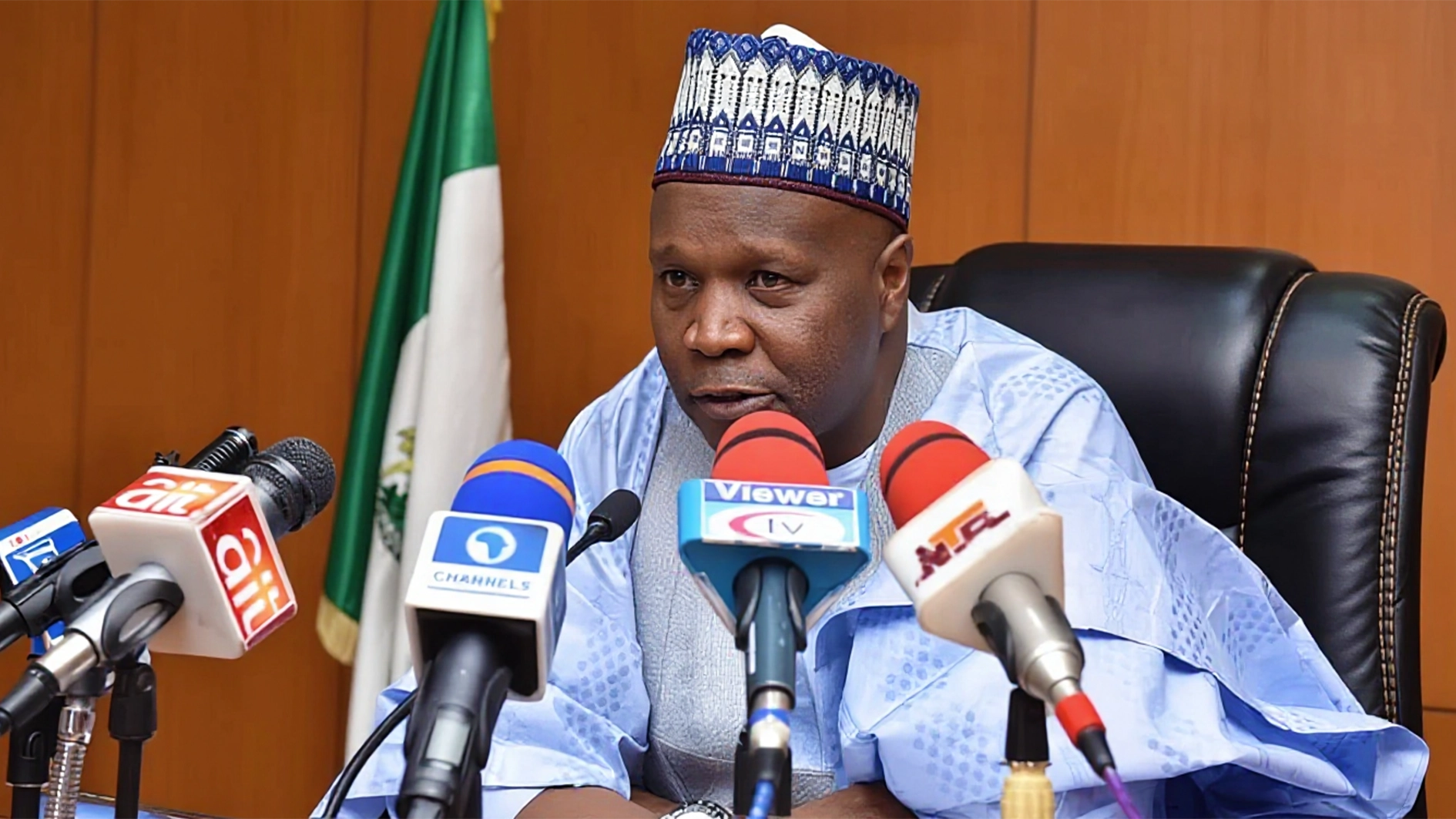A coalition of civil rights and faith-based organisations has faulted renewed advocacy for the expansion of Sharia law in Nigeria, saying it poses a direct threat to the national unity, constitutional order, and fundamental human rights.
The coalition, under the umbrella of End Sharia Now and allied groups, including One Nation One Law, Global Network of Christian Faith and Truth, and Love a Muslim Ministry, said in a statement, yesterday, that attempts to institutionalise Sharia beyond personal faith practice amount to a breach of the 1999 Constitution.
The group was reacting to a recent article quoting Islamic scholars as saying there is “no justification for opposition to Sharia in Nigeria.”
The coalition described the position as deeply misleading, insisting that the issue goes beyond religion to equality before the law.
The statement, signed by Benson Sunday on behalf of the organisations, argued that Sections 10 and 42 of the 1999 Constitution (as amended) clearly prohibit the adoption of any state religion, and guarantee equality of citizens irrespective of faith.
“The Constitution is supreme. Any other law inconsistent with it is void to the extent of its inconsistency. The adoption of Sharia penal codes in some northern states directly contravenes these provisions,” the coalition stated.
The groups cited incidents of mob justice, blasphemy killings, and corporal punishments in states operating Sharia penal laws as evidence that the system undermines human dignity and fuels sectarian division.
They referenced cases such as the killing of Deborah Samuel in Sokoto in 2022 and the recent mob execution of a woman accused of apostasy in Niger State, saying such incidents reflect the dangers of elevating religious codes to state law in a multi-religious society.
The coalition also expressed concern over what it described as the creeping expansion of Sharia into the South-West, citing reports that the Sultan of Sokoto, Muhammadu Sa’ad Abubakar III, recently supported the establishment of Sharia arbitration panels in Oyo and Ekiti states.
The groups argued that while Muslims are free to practice their faith, using state power to enforce religious laws contradicts Nigeria’s secular framework and international human rights commitments under treaties such as the International Covenant on Civil and Political Rights (ICCPR) and the Convention on the Elimination of Discrimination Against Women (CEDAW).
The coalition urged the National Assembly to initiate constitutional reforms that would strictly restrict Sharia’s jurisdiction to personal matters for consenting Muslims and consider the removal of Sections 260–264 and 275–279 of the Constitution, which provide for Sharia Courts of Appeal at the federal and state levels.
It also called for enhanced human rights education, inter-faith dialogue, and enforcement of secular principles in governance.
“Nigeria must remain a secular, democratic nation where all citizens — Muslim, Christian or traditionalist —are equal before one Constitution and one law.
“Any attempt to impose Sharia as a state law threatens not only human rights, but the very survival of the Nigerian federation,” the coalition cautioned.






